By Emmaline Ellis, Laurie Esposito, and Jennifer SlagusIn response to an increase in attempts to ban and challenge various children’s and young adult books, the topic of this year’s Children’s Literature Assembly Student Committee (CLA-SC) Annual Student Webinar was “Book Bans: Who, How, and Why?” As a committee with diverse experiences, interests, and roles in the field of children’s literature, the CLA-SC members find these movements to be particularly concerning, as the targeted books are often those that feature characters who are LGBTQIA+, Black, or Hispanic. While some book challenges have received pushback, many others have been successful. These decisions made us wonder - how do books become banned? What is the reasoning supporting these bans? And, who are the decision-makers behind book bans? These burning questions were the guiding focus of this year’s CLA-SC Student Webinar. In order to learn more about the decision-making processes behind book bans, we enlisted the expertise of four esteemed panelists, all of whom are CLA Committee or Board Members. In this post, we summarize and highlight each panelists’ professional or personal experiences and insight as they relate to book bans, and conclude by sharing the informative and helpful resources shared throughout the Webinar. CLA Members can access a video recording of the webinar within the members-only section of the CLA website. Dr. Rachel Skrlac Lo
Our first panelist shared the story of a book challenge in her suburban Philadelphia school district. Dr. Rachel Skrlac Lo, Assistant Professor of Education at Villanova University and parent of a child in the district, described the district’s response when a fellow parent challenged Maia Kobabe’s Gender Queer. In violation of its own protocol, the district removed the book from the high school library pending review by an anonymous ad hoc committee. Various district stakeholders justified the challenge with concerns about potentially harmful psychological effects and age appropriateness. Dr. Skrlac Lo countered these unsubstantiated concerns with empirical data on the harm under-representation in schools causes LGBTQIA+ youth. Although Gender Queer was ultimately returned to the library’s shelves in June 2022, Dr. Skrlac Lo pointed out that a single complaint rendered the book inaccessible to all students for nearly an entire academic year. In concluding her presentation, Dr. Skrlac Lo focused on ways in which we can act against book challenges and bans in schools. She encouraged us to share our expertise through engagement in public discourse. For example, we could join community groups, attend committee meetings, write to legislators, and write op-ed pieces for local publications. Perhaps most importantly, she urged us to “resist and push against” deficit narratives as we listen to and support members of groups targeted by censorship efforts. Breakout Quote for Dr. Skrlac Lo: |
|
Valérie Fontaine is the author of The Big Bad Wolf in My House, her first book to be translated into English. A Quebec writer and French-language author, Valérie has published more than thirty-five books for young people. She frequently visits schools to share her books with children and teachers. Each week, she can be found reading stories to children live on Facebook. Valérie shares that she “loves writing books as much as she loves reading and talking about them” (https://houseofanansi.com).
|
|
Nathalie Dion is the illustrator of The Big Bad Wolf in My House. An award-winning freelance illustrator based in Montreal, she studied Design Arts at Concordia University. Nathalie exhibits her work in art galleries and museums, and she works on commissioned assignments in both editorial and children’s book illustration. Her favorite artistic tools are her Cintiq tablet and her numeric paintbrushes.
|
|
Shelley Tanaka is the translator of The Big Bad Wolf in My House. She is a Canadian award-winning author, translator, and editor. She has written and translated more than thirty books for children and young adults. Among the many awards that Shelley has won are the Orbis Pictus Award, the Mr. Christie’s Book Award, and the Science in Society Book Award. Shelley teaches at the Vermont College of Fine Arts in the MFA Program in Writing for Children and Young Adults.
|
|
Betsy Bird, the panel moderator, is a children’s author, librarian, podcaster, blogger, and reviewer. She is the Collection Development Manager of Evanston Public Library and the former Youth Materials Specialist of New York Public Library. Betsy is a frequent blogger at the School Library Journal site: A Fuse #8 Production, where she has reviewed a number of children’s books that address the topic of this master class. She also reviews books for Kirkus and The New York Times and hosts Fuse 8 n’ Kate, a podcast with her sister about classic children’s books.
|
|
Dr. Dorian Harrison, the panel discussant, is an Assistant Professor at The Ohio State University at Newark. With over 15 years of experience in education, she teaches foundational and licensure courses in literacy at the undergraduate and graduate level. Dr. Dorian Harrison’s research explores how equity in literacy education is enacted, paying particular attention to the ways communities of learners are challenging deficit views and practices. Her research is aimed at not only improving classroom practice but also restructuring how institutions prepare future educators to engage with diverse populations of students and communities.
|
The following overriding questions will guide the session: How might books with dark subject matter foster hope in readers? And, how might teachers and teacher educators facilitate reader engagement with these vital books? We hope that attendees will leave the session with a more nuanced understanding of the shifting landscape of children's literature relative to the #MeToo movement, along with a deeper level of comfort using these books in classrooms, especially in light of the turbulent times that teachers and teacher educators inhabit relative to censorship.
de León, C. (2020, June 17). Why more children's books are tackling sexual harassment and abuse. The New York Times. Retrieved from https://www.nytimes.com/2020/06/17/books/childrens-books-middle-grade-metoo-sexual-abuse.html
Maughan, S. (2020, April 13). Eye on middle grade: Editors discuss some of the latest developments in the category. Publishers Weekly, 23-21. Retrieved from https://www.publishersweekly.com/pw/by-topic/childrens/childrens-book-news/article/83006-eye-on-middle-grade-spring-2020.html
Robillard, C. M., Choate, L., Bach, J., & Cantey, C. (2021). Crossing the line: Representations of sexual violence in middle-grade novels. The ALAN Review, 49(1), 33-47.
Resources
Paula Chase-Hyman’s Interview with Reading Middle Grade Blog.
Kate Messner’s Interview with BookPage
Valérie Fontaine’s Interview with Foreword Reviews
Nathalie Dion’s Feature in Canadian Children’s Book News
Shelley Tanaka’s Interview with Cynthia Leitich Smith at Cynsations
S. Adam Crawley (he/him) is an Assistant Teaching Professor at the University of Colorado, Boulder. His current roles with CLA include serving as a Board Member and Master Class Co-Chair. In addition, he is the treasurer of NCTE’s Genders and Sexualities Equalities Alliance (GSEA).
Sara K. Sterner (she/her) is an Assistant Professor at Cal Poly Humboldt and the Leader of the Liberal Studies Elementary Education Program in the School of Education. Her current roles with CLA include serving as a Board Member and Master Class Co-Chair.
by Andrea M. Page
| The National Council of Teachers of English (NCTE) November conference is here! With so many fantastic sessions to attend, I’d like to shine a light on several Indigenous/First Nation/Native creatives who will be presenting at this year’s conference. Did you know that according to the Cooperative Children’s Book Center (CCBC), of the estimated 3427 books published in 2021 in the U.S. by Black, Indigenous, and People of Color (BIPOC) authors, only 60 books, or 0.017% were written by Native authors? An additional 74 books about Indigenous people and their culture were written by non-Natives. The numbers are slowly rising since the first detailed set of data released by the CCBC in 2002, when only six Native authors published books, yet at that time, 64 books were published about Indigenous people and/or culture written by non-Natives. Educators know how important it is to recognize and appreciate diversity in children’s literature, and ensure children have access to books and characters that represent authentic voices. No group is more diverse than Indigenous cultures across the globe. In the United States alone, there are nearly 600 federally recognized tribes, all with similar traditions and values but very different cultures based on their geographic locations. Each tribe has its own worldview. |
|
Fall is a time of harvest and celebration. After the hard work of planting seeds, BIPOC voices are important, new ideas seed new experiences laboring and growing, Authentic Indigenous voices are taking root and thriving and reaping the harvest, Fresh Native Creatives, values, culture, and humor are plenty it is a time to feast and celebrate. |
|
THURSDAY Darcie Little Badger A.28 Shining a Light on Rural YA Literature: Presenting the Winners of the Whippoorwill Award for Rural Young Adult Literature Thursday, 09:30 - 10:45 Carole Lindstrom B.04 Birds Aren’t Real: Literature as Truth and Light in Dark Times Thursday, 11:00 - 12:15 FRIDAY Traci Sorell E.31 Possibilities of Poetry: Excavating and Exploring Identity in the Elementary Classroom Friday, 09:30 - 10:45 Angeline Boulley F.06 Constellations and Not a Single Star: Shining and Rising Native Voices on Collaboration and Writing Truths Friday, 11:00 - 12:15 Carole Lindstrom F.06 Constellations and Not a Single Star: Shining and Rising Native Voices on Collaboration and Writing Truths Friday, 11:00 - 12:15 Traci Sorell F.06 Constellations and Not a Single Star: Shining and Rising Native Voices on Collaboration and Writing Truths Friday, 11:00 - 12:15 Laurel Goodluck F.06 Constellations and Not a Single Star: Shining and Rising Native Voices on Collaboration and Writing Truths Friday, 11:00 - 12:15 Traci Sorell G.04 Bring the Light In: Children’s Literature for Truth Telling Friday, 12:30 - 13:45 Monique Gray Smith H.04 Braiding Sweetgrass for Young Adults: Indigenous Wisdom, Scientific Knowledge, and the Teachings of Plants with Adapter Monique Gray Smith Friday, 14:00 - 15:15 Angeline Boulley HI.01 High School Matters—Learning Liberated: Reading, Writing, and Discussion Grounded in Multimodal Pedagogies Friday, 14:00 - 16:45 Traci Sorell H.34 Teaching with the 2022 Charlotte Huck and Orbis Pictus Award Books ROOM 204-A 14:00-15:15 SATURDAY Traci Sorell K.10 #DisruptTexts Now More Than Ever Saturday, 11:00 - 12:15 Angeline Boulley K.37 Teaching Young Adult Literature: Creating Space to Pursue Light and to Dream Saturday, 11:00 - 12:15 Joy Harjo L.30 #TeachLivingPoets and US Poet Laureate Joy Harjo Present Living Nations, Living Words, and Teaching Native Nations Poets Saturday, 12:30 - 13:45 Traci Sorell M.14 Connecting through Story: The Transformative Power of Daily Picture Book Read-Alouds Saturday, 14:45 - 16:00 Arigon Starr M.14 Connecting through Story: The Transformative Power of Daily Picture Book Read-Alouds Saturday, 14:45 - 16:00 Jen Ferguson N.08 Countering Harmful Media Narratives with Young Adult Literature Saturday, 16:15 - 17:30 |
NCTE 2022 Native Authors Darcie Little Badger (Lipan Apache). Author of Elatsoe and A Snake Falls to Earth. Website: darcielittlebadger.wordpress.com Carole Lindstrom (Anishinabe/Metis, tribally enrolled with the Turtle Mountain Band of Ojibwe) Author of Girls Dance, Boys Fiddle, and We are Water Protectors. Website: carolelindstrom.com Traci Sorell (Cherokee Nation citizen) Author of We are Grateful: Otsaliheliga, At the Mountain’s Base, Powwow Day, Classified: The Secret Career of Mary Golda Ross, Cherokee Aerospace Engineer, and Contenders: Two Native Baseball Players, One World Series Website: tracisorell.com Monique Gray Smith (Cree, Lakota and Scottish) Author of My Heart Fills With Happiness, You Hold Me Up, When we are Kind, Lucy and Lola and I Hope, Tilly: A Story of Hope and Resilience, Braiding Sweetgrass, and Tilly and the Crazy Eights Website: moniquegraysmith.com Angeline Boulley (enrolled member of the Sault Ste. Marie Tribe of Chippewa Indians) Author of Firekeeper's Daughter and Warrior Girl Unearthed. Website: angelineboulley.com Laurel Goodluck (Mandan and Hidatsa from the prairies of North Dakota, and Tsimshian from a rainforest in Alaska). Author of Forever Coursins. Fortcoming books: Rock your Mocs and Too Much Website: laurelgoodluck.com Joy Harjo (member of the Mvskoke Nation and belongs to Oce Vpofv (Hickory Ground)). Author of An American Sunrise, The Good Luck Cat and For a Girl Becoming. Website: joyharjo.com Arigon Starr (enrolled member of the Kickapoo Tribe of Oklahoma) . Illustrator of Super Indian and Tales of the Mighty Code Talkers Website arigonstarr.com Jen Ferguson (Michif/Métis) Author of The Summer of Bitter and Sweet Website: jenfergusonwrites.com |
Cooperative Children’s Book Center (CCBC)
https://ccbc.education.wisc.edu/literature-resources/ccbc-diversity-statistics/books-by-and-or-about-poc-2018/
Authors:
CLA Members
Supporting PreK-12 and university teachers as they share children’s literature with their students in all classroom contexts.
The opinions and ideas posted in the individual entries are those of the individual authors and do not necessarily reflect the opinions or views of CLA or the Blog Editors.
Blog Editors
contribute to the blog
If you are a current CLA member and you would like to contribute a post to the CLA Blog, please read the Instructions to Authors and email co-editor Liz Thackeray Nelson with your idea.
Archives
May 2024
April 2024
March 2024
February 2024
January 2024
December 2023
November 2023
October 2023
September 2023
August 2023
May 2023
April 2023
March 2023
December 2022
November 2022
October 2022
September 2022
August 2022
June 2022
May 2022
April 2022
March 2022
February 2022
January 2022
December 2021
November 2021
October 2021
September 2021
August 2021
June 2021
May 2021
April 2021
March 2021
February 2021
January 2021
December 2020
November 2020
October 2020
September 2020
August 2020
June 2020
May 2020
April 2020
March 2020
Categories
All
Activism
Advocacy
African American Literature
Agency
All Grades
American Indian
Antiracism
Art
Asian American
Authors
Award Books
Awards
Back To School
Barbara Kiefer
Biography
Black Culture
Black Freedom Movement
Bonnie Campbell Hill Award
Book Bans
Book Challenges
Book Discussion Guides
Censorship
Chapter Books
Children's Literature
Civil Rights Movement
CLA Auction
CLA Breakfast
CLA Expert Class
Classroom Ideas
Collaboration
Comprehension Strategies
Contemporary Realistic Fiction
COVID
Creativity
Creativity Sponsors
Critical Literacy
Crossover Literature
Cultural Relevance
Culture
Current Events
Digital Literacy
Disciplinary Literacy
Distance Learning
Diverse Books
Diversity
Early Chapter Books
Emergent Bilinguals
Endowment
Family Literacy
First Week Books
First Week Of School
Garden
Global Children’s And Adolescent Literature
Global Children’s And Adolescent Literature
Global Literature
Graduate
Graduate School
Graphic Novel
High School
Historical Fiction
Holocaust
Identity
Illustrators
Indigenous
Indigenous Stories
Innovators
Intercultural Understanding
Intermediate Grades
International Children's Literature
Journal Of Children's Literature
Language Arts
Language Learners
LCBTQ+ Books
Librarians
Literacy Leadership
#MeToo Movement
Middle Grade Literature
Middle Grades
Middle School
Mindfulness
Multiliteracies
Museum
Native Americans
Nature
NCBLA List
NCTE
NCTE 2023
Neurodiversity
Nonfiction Books
Notables
Nurturing Lifelong Readers
Outside
#OwnVoices
Picturebooks
Picture Books
Poetic Picturebooks
Poetry
Preschool
Primary Grades
Primary Sources
Professional Resources
Reading Engagement
Research
Science
Science Fiction
Self-selected Texts
Small Publishers And Imprints
Social Justice
Social Media
Social Studies
Sports Books
STEAM
STEM
Storytelling
Summer Camps
Summer Programs
Teacher
Teaching Reading
Teaching Resources
Teaching Writing
Text Sets
The Arts
Tradition
Translanguaging
Trauma
Tribute
Ukraine
Undergraduate
Using Technology
Verse Novels
Virtual Library
Vivian Yenika-Agbaw Student Conference Grant
Vocabulary
War
#WeNeedDiverseBooks
YA Lit
Young Adult Literature

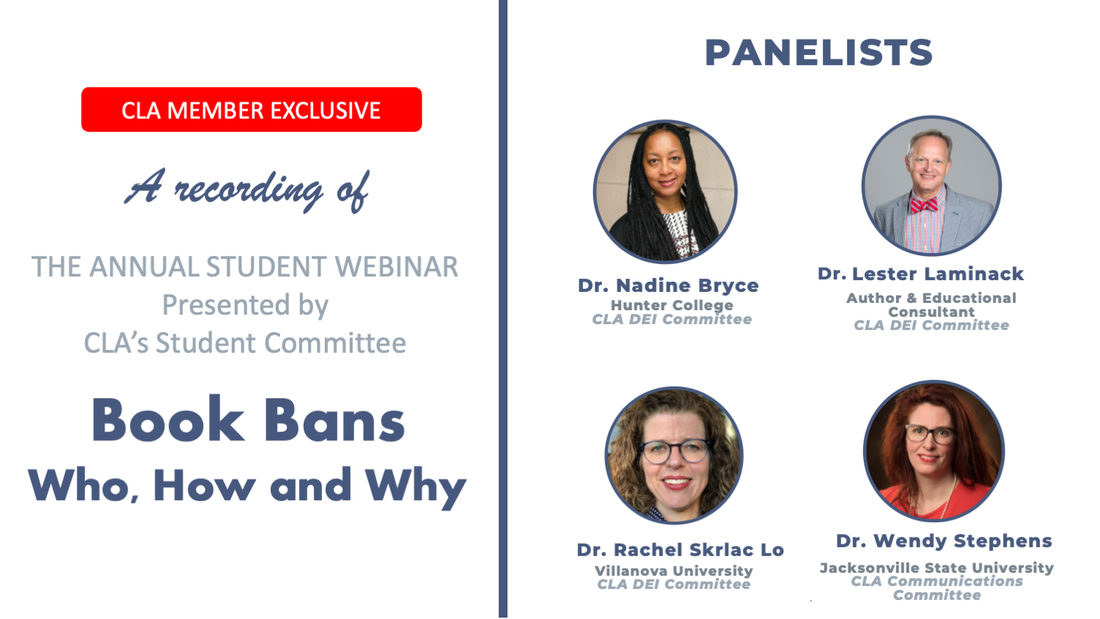
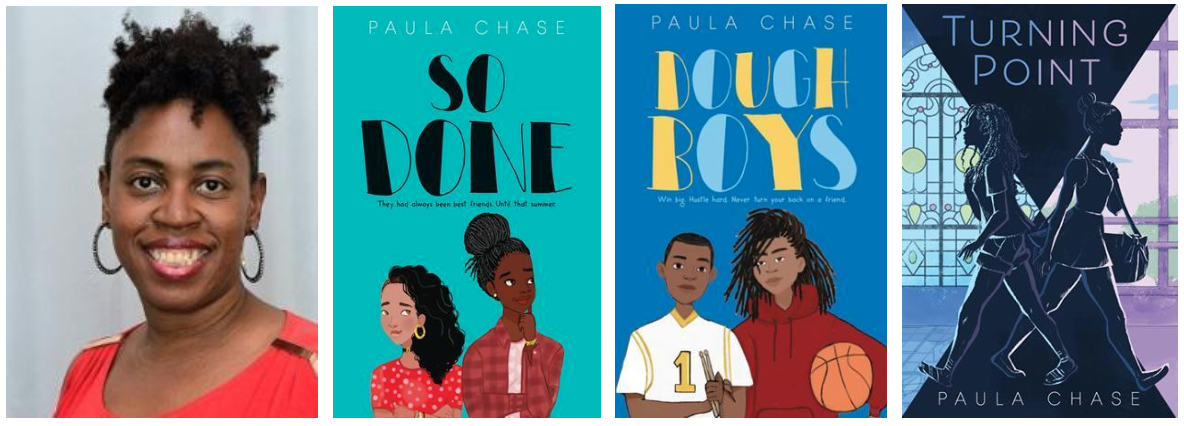
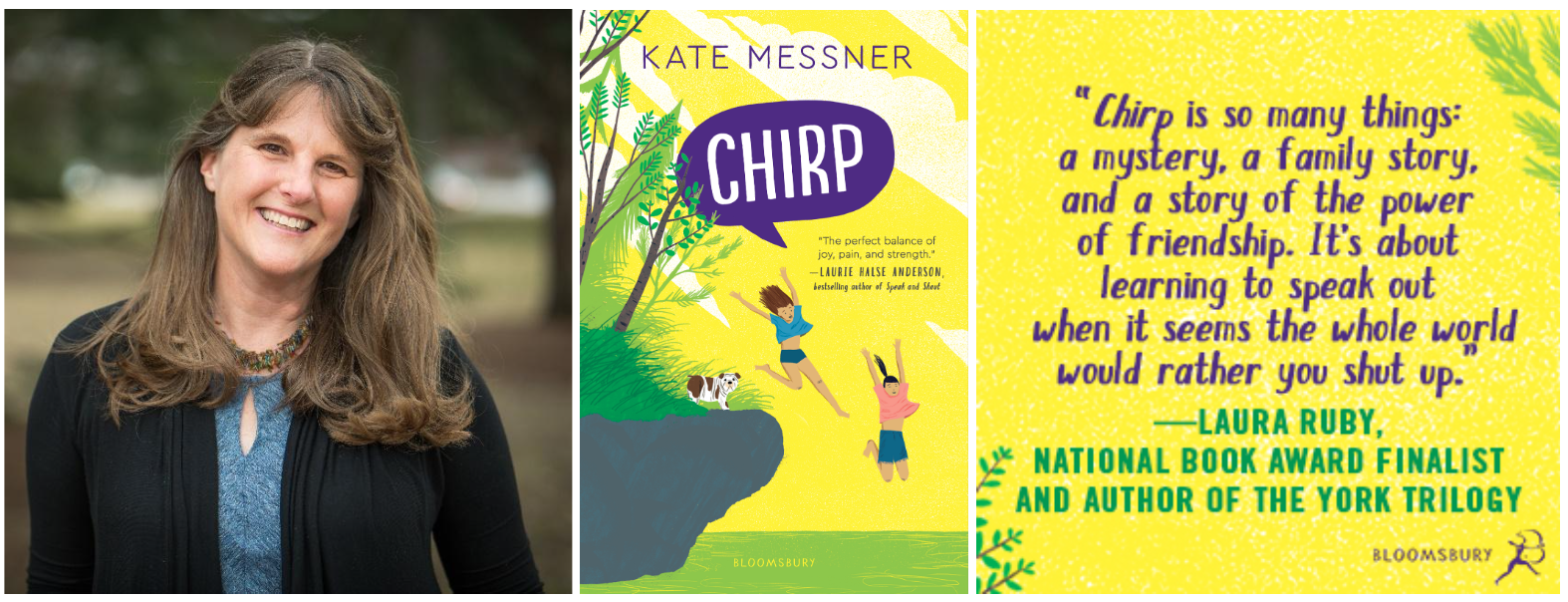
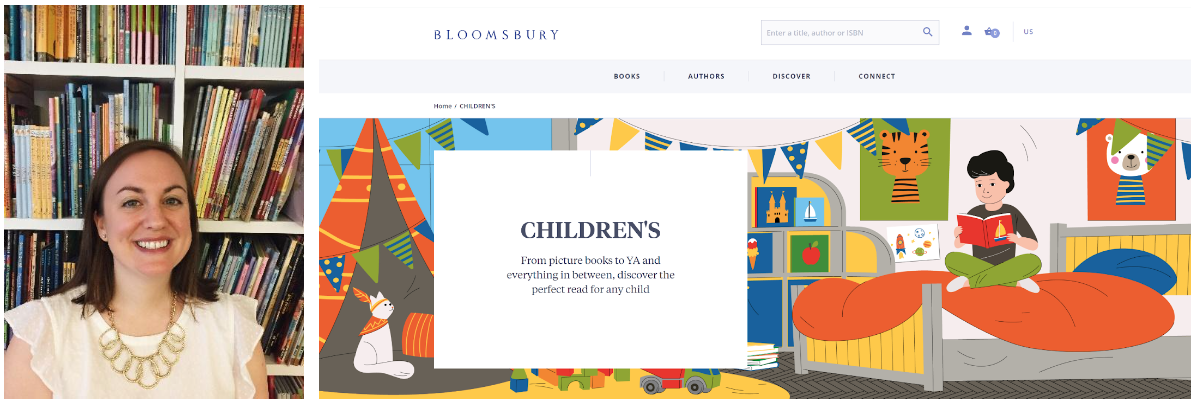
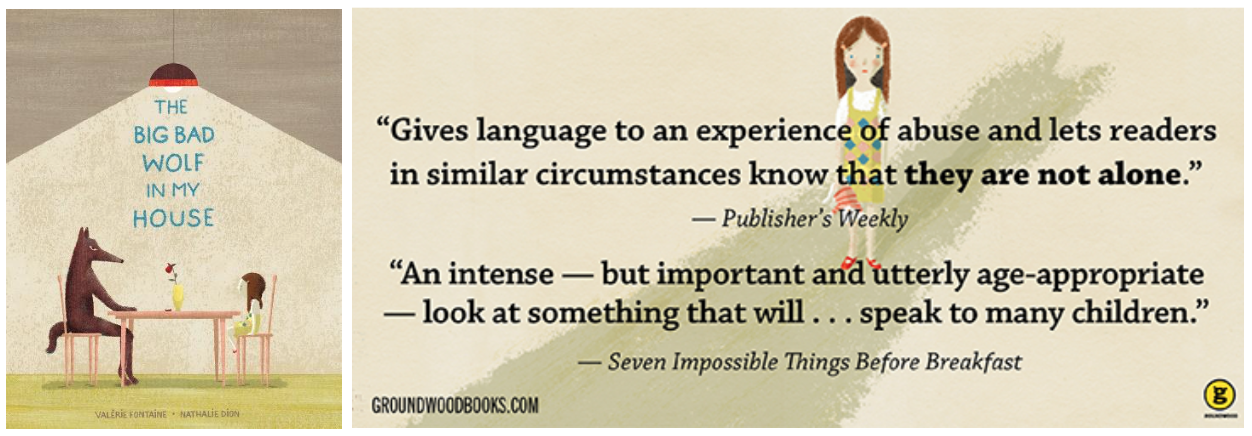

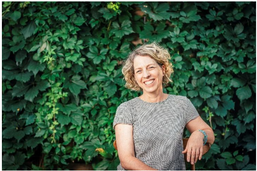
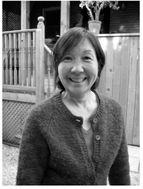
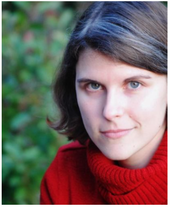
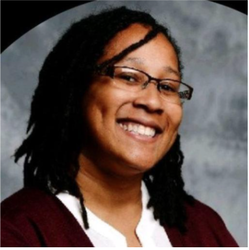
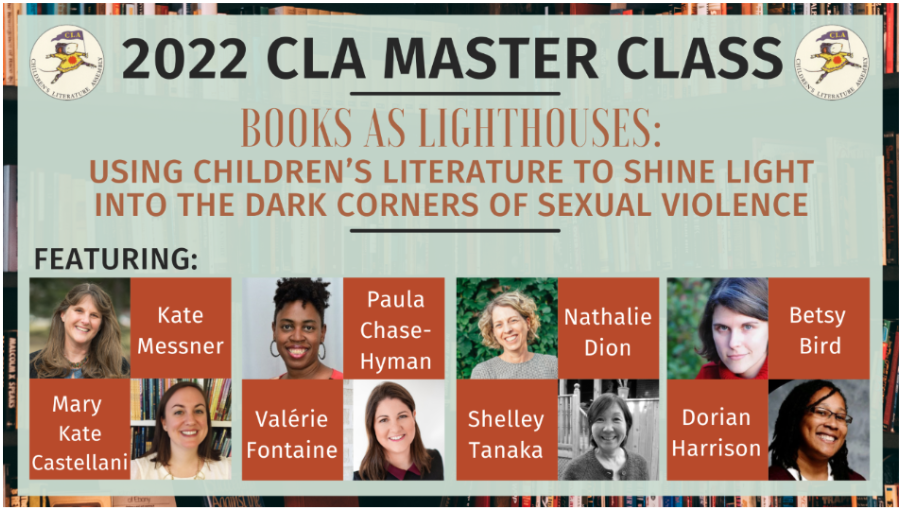
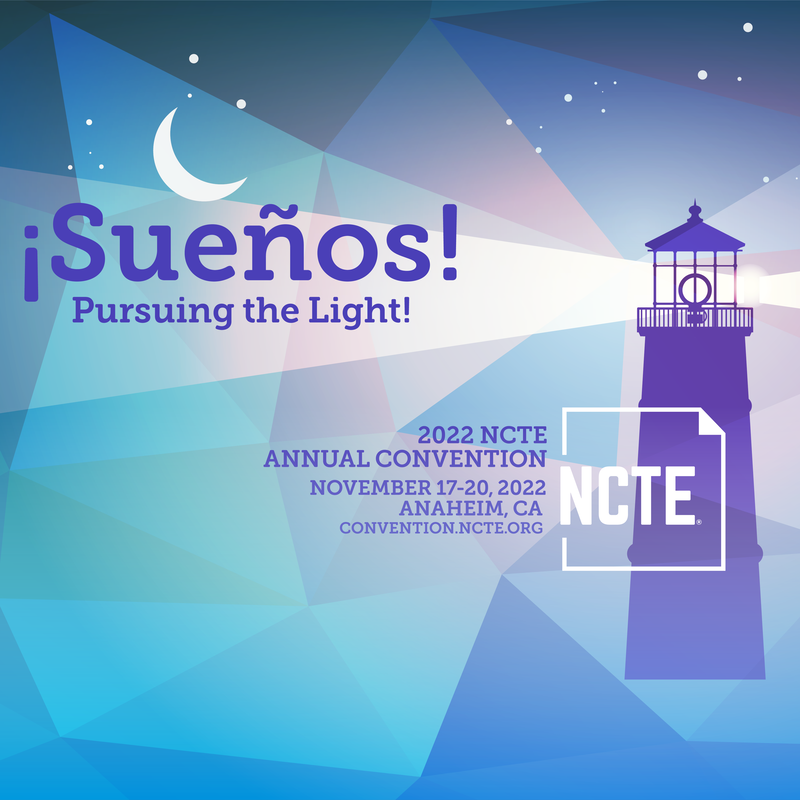
 RSS Feed
RSS Feed